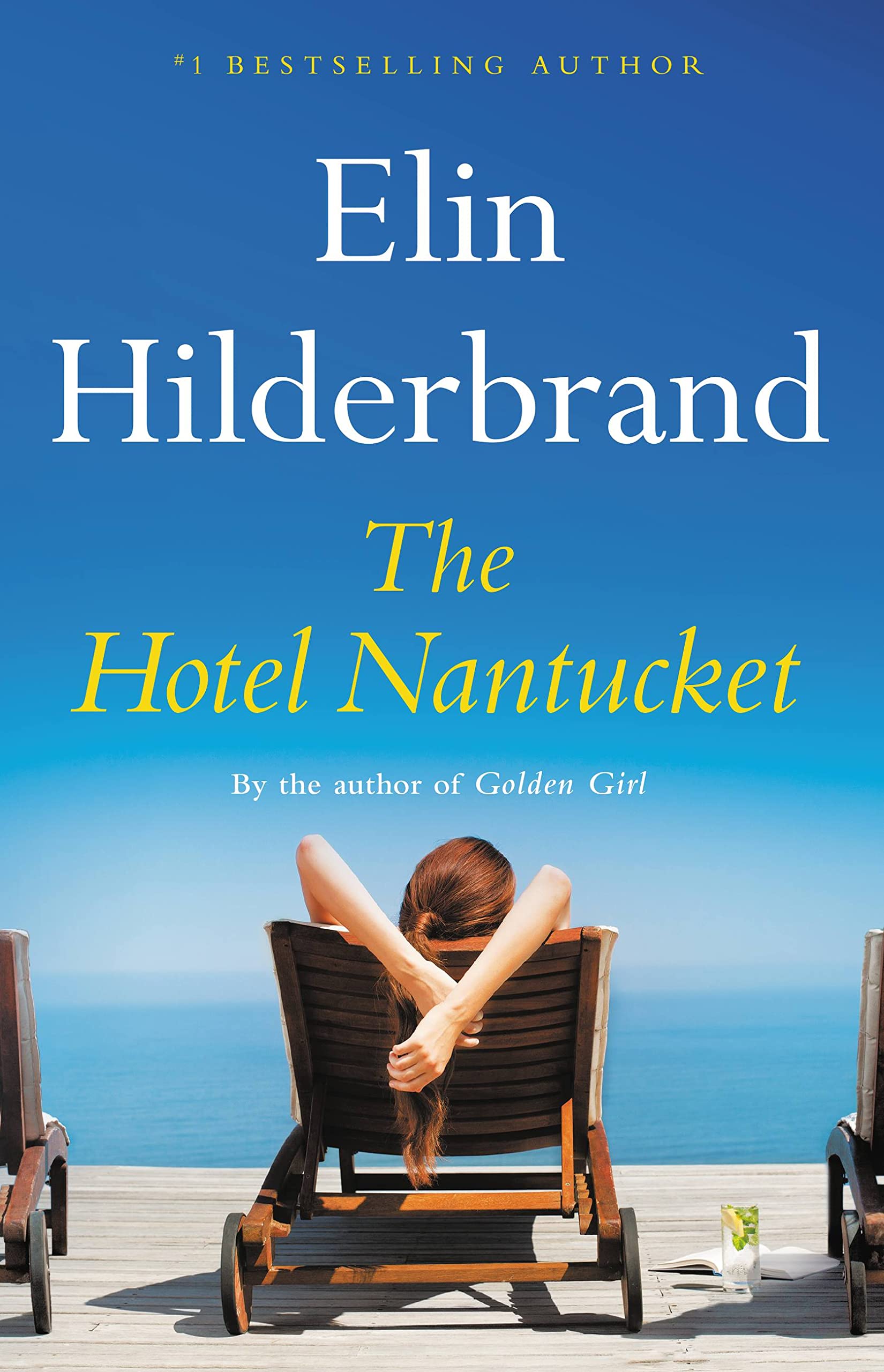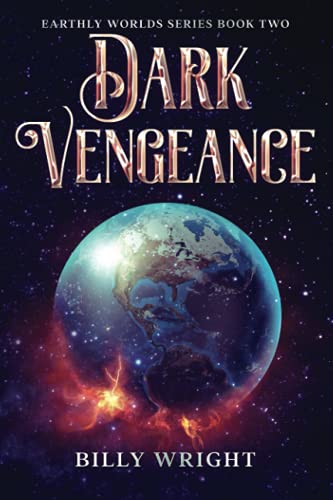
Twin Flames is written by Charles Quinn as a collaboration with Mark Graham Communications
Chances are you’re aware of AI (artificial intelligence) and its rapidly expanding usage. Everything from college essays to song lyrics to architectural renderings can—and are—being created by AI. Given that, it’s no surprise that many people are exploring the idea of writing a book using AI.
The temptation is understandable. ChatGPT, created by OpenAI, costs no money to use. Microsoft and Google are also developing AI tools that presumably will be free. To use an AI tool, all you need to do is enter a few prompts, and the tool generates content. Given enough prompts, an entire book could be written this way. AI is highly intelligent, and if appropriate prompts are given, chances are the resulting content will be coherent, readable, and engaging.
For would-be ghostwriting clients, this probably sounds too good to be true. After all, content generated via AI—unlike ghostwritten content—is fast and free. Who wouldn’t choose such a path over the traditional ghostwriting process?
If you’re pondering it, here are a few points to consider:
- Can AI create the nuances that a successful book requires? Last month on the blog [The Author-Ghostwriter Relationship], we talked about the relationship between Prince Harry and his ghostwriter, J.R. Moehringer, as they worked together on the prince’s memoir, Spare. In writing this book, Moehringer did not take Prince Harry’s words verbatim and use them to generate pages in a book. Rather, Moehringer’s years of writing experience helped him shape a compelling and discerning story. Key moments are highlighted. Details are powerful and pitch-perfect. Scenes end where an experienced writer knows they should. Much of this happened because of the very human relationship that developed between Moehringer and Prince Harry as they worked together on the book.
- Where does the material come from? ChatGPT generates content based on material it finds online. But there is no sourcing—which means the content that ChatGPT creates could come from anywhere, and there is no way to cite it. Your AI-generated book could very well be full of plagiarized content. If that occurs, after your book is out in the world, there’s a possibility you’ll find yourself the defendant in a copyright infringement lawsuit.
- Will publishers and book retailers accept the book? Whether you decide to self-publish the book or seek an agent and a traditional publisher, the opinions of those in the book industry about AI-generated books will likely be in flux for a long time to come. What isn’t acceptable today could eventually become acceptable. Conversely, as more is learned about this tool, what is now accepted might in the future be rejected. Because so much is still unknown, an AI-generated book runs the risk of having a very short shelf life.
These questions and others will continue to arise as more AI tools are developed and more people use them. The short answer to whether AI can write your book is this: Yes, it can. But the more important question is: Do you want it to?
If you’re unsure, please get in touch. We’d love to discuss your book idea, the possibilities for getting the book written, and how our team of seasoned ghostwriters can help you tell the unique story that only you can tell.









